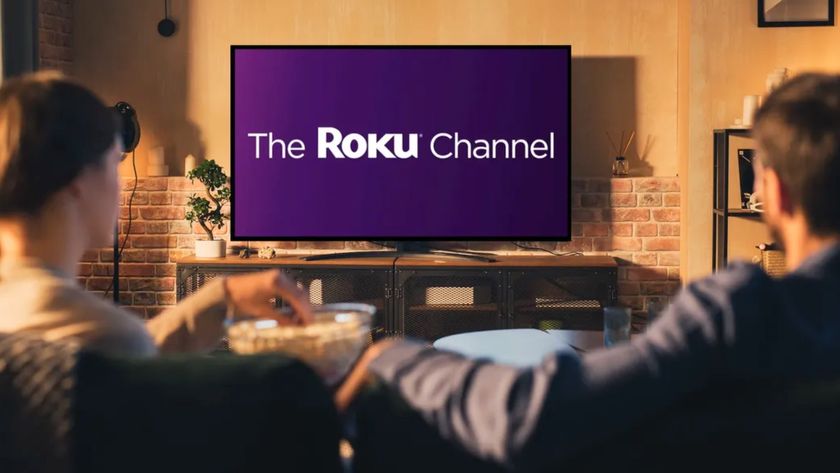Four Antivirus Programs Get Perfect Scores on Windows 10
Four of the 20 Windows 10 antivirus programs tested received perfect ratings, but a few questionable products fell well short of the mark.
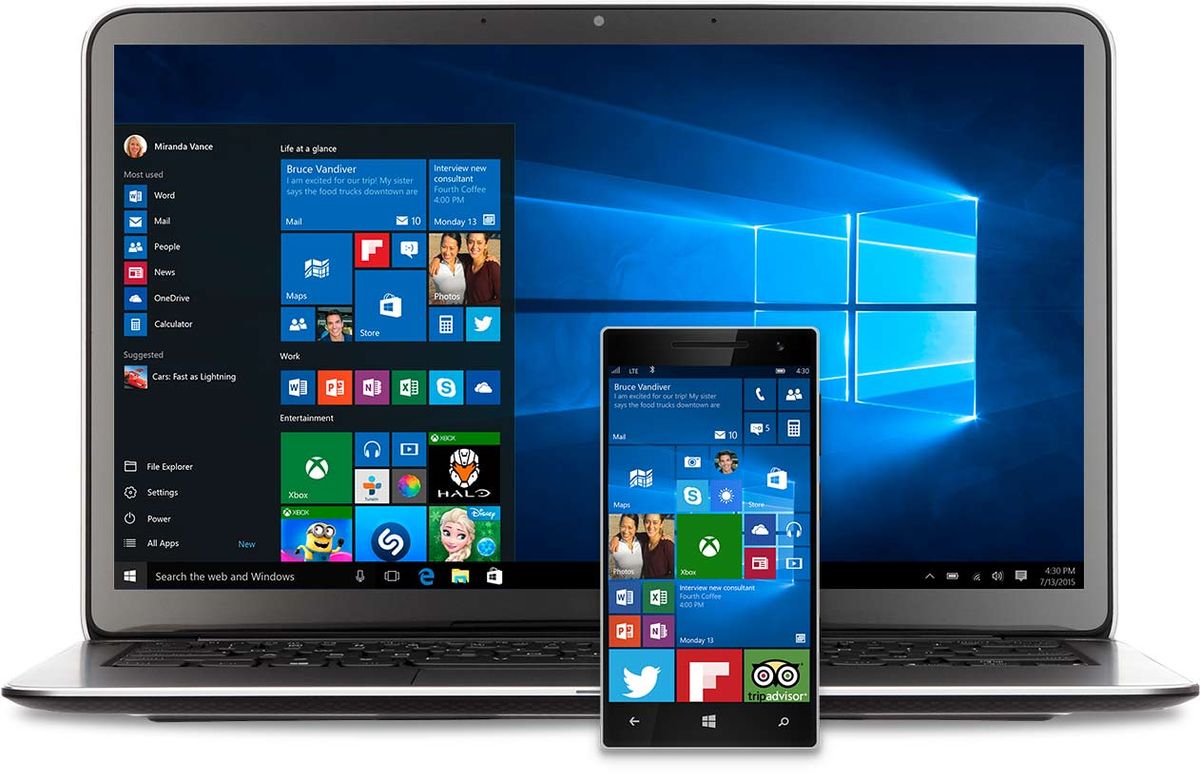
The time has come once again for AV-TEST to reveal which of the best antivirus programs will keep your computer safe, and which will just take up valuable hard drive space and processing power.
Rather than testing Windows 7 or 8, the company has taken a foray into Windows 10 for the first time. Windows 10 users have good reason to rejoice, as a full four of the 20 programs tested received perfect ratings, but a few questionable products fell well short of the mark.
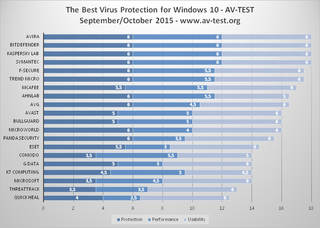
The information comes from a series of charts and spreadsheets assembled by AV-TEST throughout September and October 2015.
The independent German product-evaluation lab, known for its regular and rigorous evaluations of the best Mac antivirus software and the best Android antivirus apps, as well as for the best Windows antivirus software, ranked programs based on Protection (how many threats each blocked), Performance (how each affected system resources) and Usability (how simple each was to operate). Each category was worth six points, for a possible total of 18.
The good news for Windows 10 users is that four of the programs tested scored perfectly: Avira Antivirus Pro, Bitdefender Internet Security, Kaspersky Lab Internet Security and Symantec Norton Security. (For each program, AV-TEST worked with the most recent version available.) This score indicates that the programs blocked all common malware and all newly discovered exploits, didn't encumber systems very much and provided easy-to-understand user interfaces.
At the other end of the spectrum were Quick Heal Total Security and Threat Track VIPRE Internet Security. The former scored only 12.5 points: 4 in Protection, 2.5 in Performance and (to its credit) a full 6 in Usability. The latter scored only a 3.5 in Protection, a 3.5 in Performance and, again, a full 6 in Usability for 13 points overall. Both programs still met AV-Test's basic competency metric (10 points overall, with at least one point in each category), but fell short of the 14-point baseline set by Microsoft Windows Defender (3.5 Protection, 4.5 Performance and a full 6 for Usability.)
The majority of programs fell somewhere in the middle, neither perfect nor especially lacking. F-Secure Internet Security and Trend Micro Internet Security both scored 17.5 and came away with AV-TEST's highest recommendation. Otherwise, the scores range between 14 and 17 points, meaning they offer some adequate combination of protection, performance and usability.
Sign up to get the BEST of Tom's Guide direct to your inbox.
Get instant access to breaking news, the hottest reviews, great deals and helpful tips.
This middle category consisted of McAfee Internet Security, AhnLab V3 Internet Security, AVG Internet Security, Avast Free Antivirus, BullGuard Internet Security, Microworld eScan Internet Security Suite, Panda Security Free Antivirus, ESET Smart Security, Comodo Internet Security Premium, G Data Internet Security and K7 Computing Total Security, in descending order from best to worst.
Because Windows 10 is similar to its 7 and 8 counterparts under the hood, getting a good antivirus program is just common sense. AV-TEST is by no means the only evaluator out there, but it has been one of the more assiduous and consistent, so its rankings are usually a good place to start. If nothing else, the ratings suggest that you can check out Avast Free Antivirus or Panda Security Free Antivirus if you're not interested in shelling out any money.
Marshall Honorof is a senior editor for Tom's Guide, overseeing the site's coverage of gaming hardware and software. He comes from a science writing background, having studied paleomammalogy, biological anthropology, and the history of science and technology. After hours, you can find him practicing taekwondo or doing deep dives on classic sci-fi.


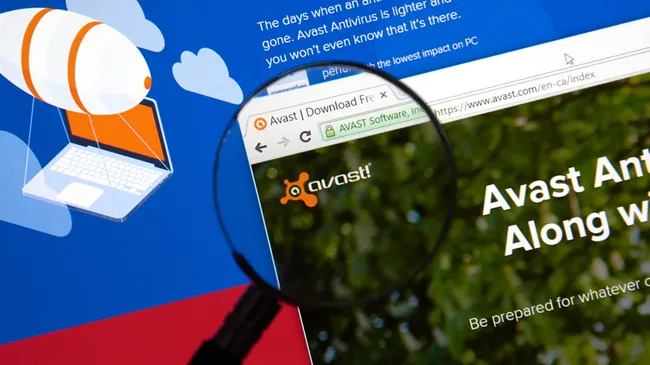

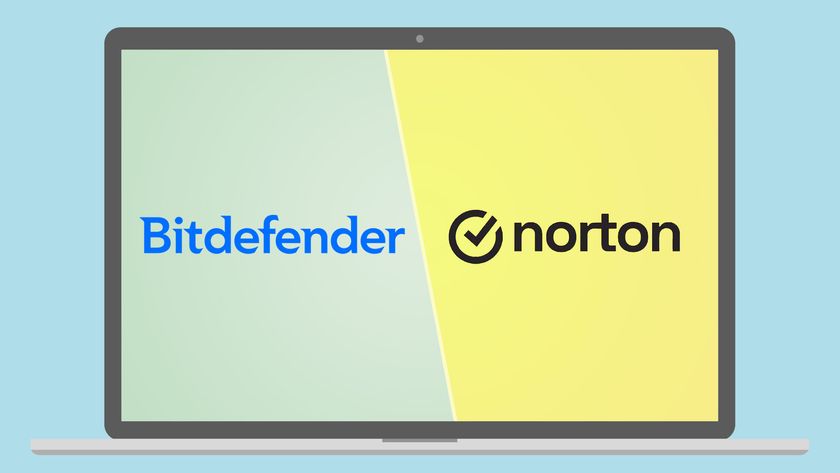

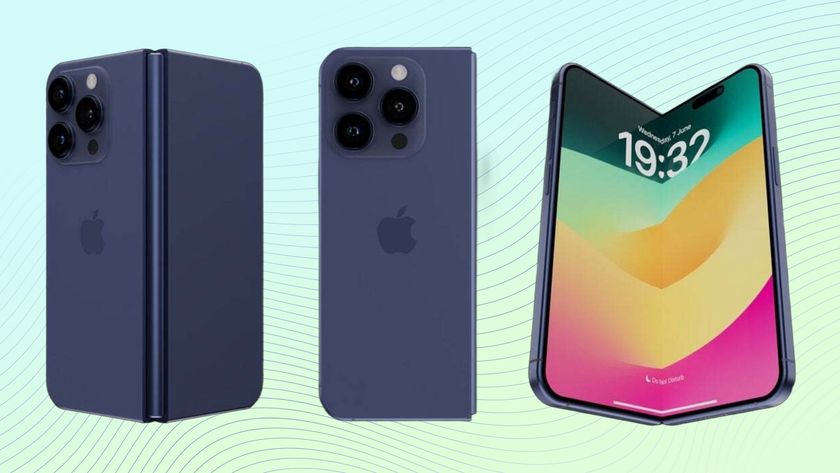
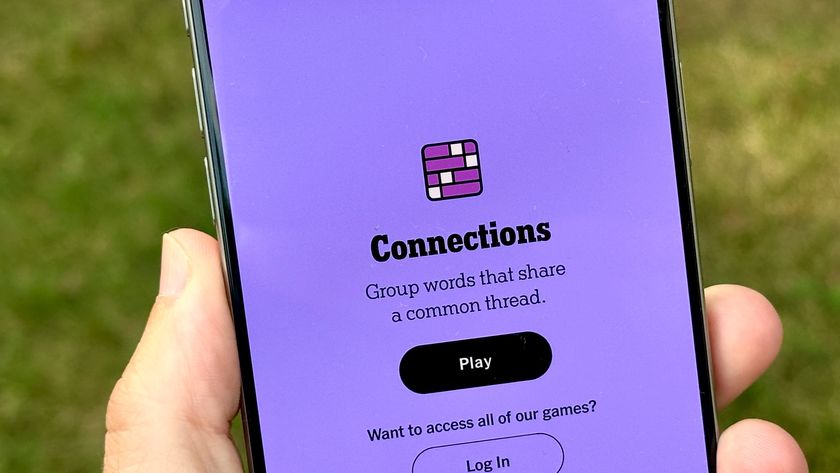

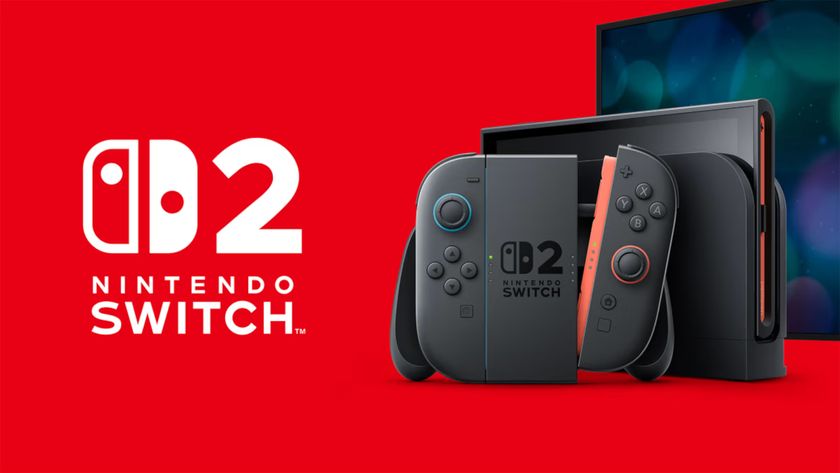
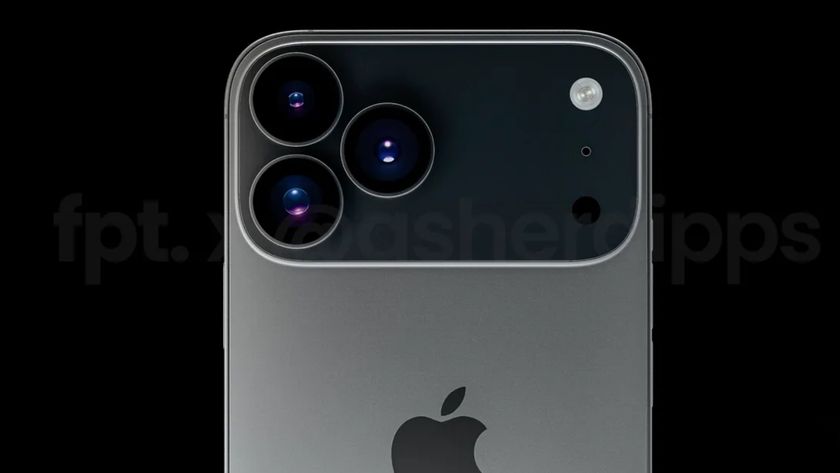

-
jakjawagon Bitdefender and Avira both also offer free versions, the former being my preference. As far as I can tell from a quick Google, Bitdefender's free version provides just as much protection as the paid version, just without all the bells and whistles that most people probably don't need.Reply -
Bhozar Shame Kaspersky don't have a working business product. They are still in beta, and have been for the last couple of months with no sign of a launch. The beta doesn't work with the November update either.Reply
I imagine this will be the problem with each new update as well, as they are notorious for being far behind the curve when to Windows version updates.


